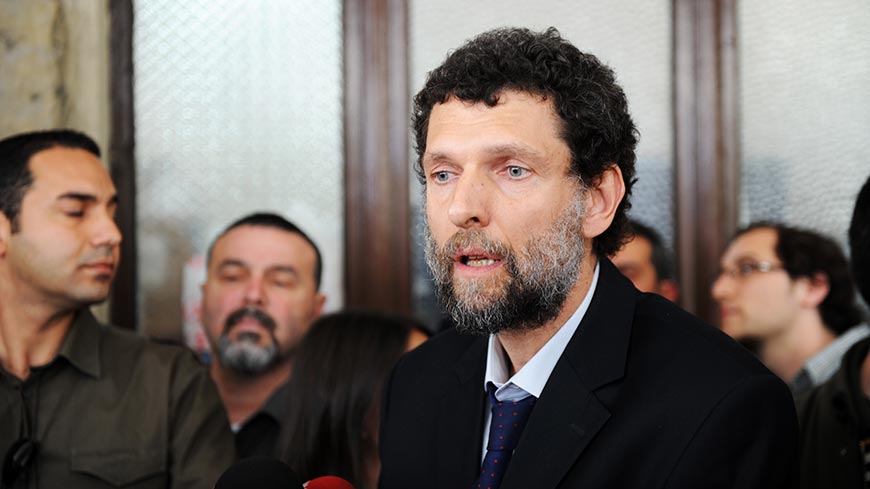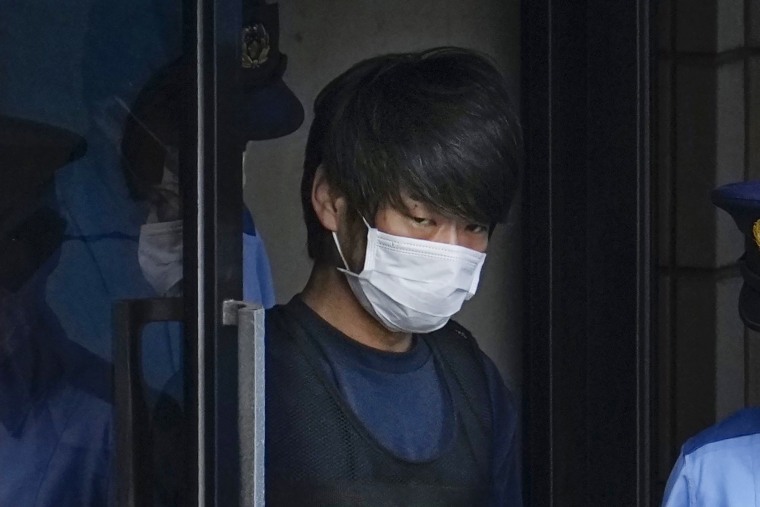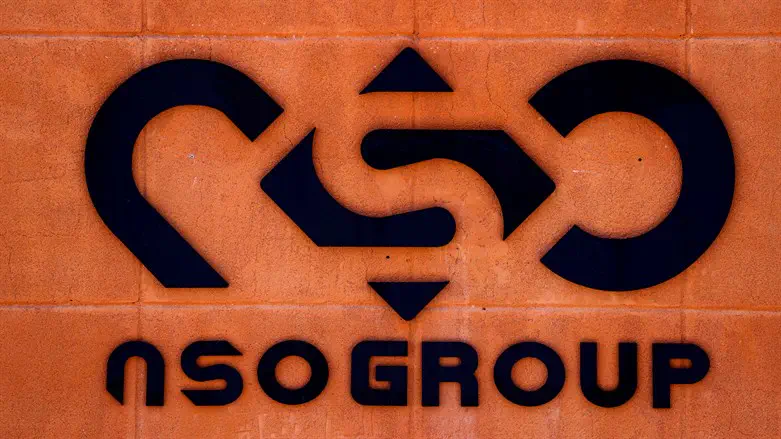Young female laborers in their 20s and 30s often face embarrassment due to a lack of tampons
By Seulkee Jang
- 2022.07.11
Sino-North Korean Border

North Korean laborers in China are suffering hardships despite the easing of lockdowns in Chinese cities, Daily NK has learned.
According to multiple sources in China on Thursday, North Korean laborers in Dandong, China have not made enough income due to lack of work.
As a result, many of the workers are suffering hardships, unable to purchase foodstuffs or daily necessities.
A Daily NK investigation revealed that at one manufacturing plant in the Chinese city of Dandong, North Korean workers have been taking home less than RMB 150 (around USD 22) a month for the last several months.
Not only is there not enough work, but workers must pay party contributions, Socialist Women’s Union of Korea dues and fees for criticism sessions, leaving almost nothing to take home.
Moreover, with the price of rice, vegetables and other foodstuffs skyrocketing due to the lockdowns, workers are eating poorly.
Not only are they having a tough time getting their hands on eggs, meat or other high protein foods, but even vegetable side dishes are in short supply, with workers barely staving off hunger.
Among themselves, some workers complain, “Whether it’s in the motherland [North Korea] or China, the food sucks all the same,” and, “We’ve been in prison for over two years, unable to leave our dormitories, because of the coronavirus.”
Moreover, with workers earning so much less, they face shortages of not only foodstuffs, but also of basic necessities such as toilet paper, shampoo and soap. Unable to obtain these necessities, many workers simply rinse their hair and bodies with water when they shower.
In particular, young female laborers in their 20s and 30s often face embarrassment due to a lack of tampons.
Moreover, with drugs in short supply, they cannot take medicine even if they fall sick. Instead, they often rely on natural healing. This is to say, short of really serious cases that involve a trip to the emergency room, they receive no medical treatment.
This being the case, many workers complain of frustration or lethargic depression. The workers may not have been diagnosed with depression, medically speaking, but the mood in the dormitory where they stay is pretty dour, one of the sources said.
“With little work coming their way so far, the workers aren’t making much, so they are hoping that work will increase as the coronavirus lockdowns are lifted,” he said, adding, “However, above all else, I think the workers can recover their vitality once they receive proper food and necessities.”
Translated by David Black. Edited by Robert Lauler.
Please direct any comments or questions about this article to dailynkenglish@uni-media.net.






/cloudfront-ap-southeast-2.images.arcpublishing.com/nzme/S5LRFT4UUJYN5AMYDZNMVQME5Y.jpg)
/cloudfront-ap-southeast-2.images.arcpublishing.com/nzme/3NBZXZIMKXOPND4CE5JMX7I53E.jpg)
/cloudfront-ap-southeast-2.images.arcpublishing.com/nzme/B7KTW2E234LACHWFL3NOV7YCVA.jpg)



